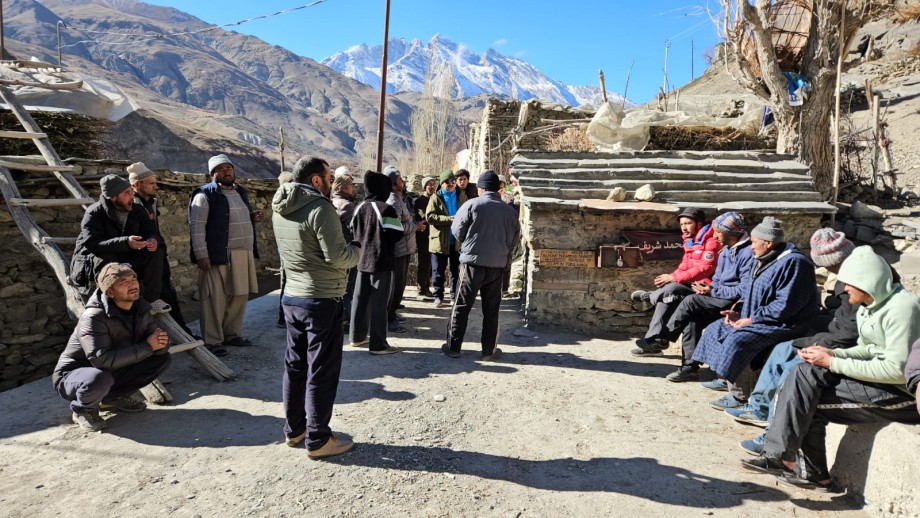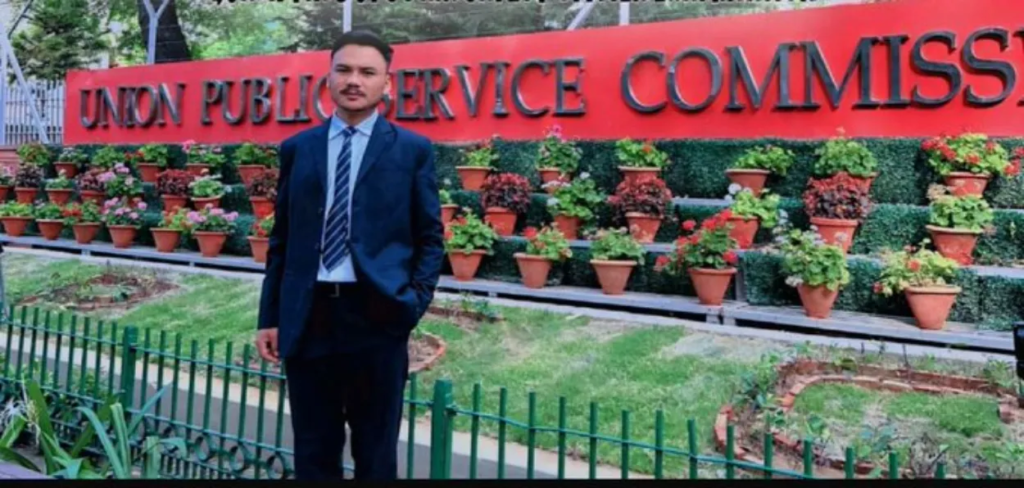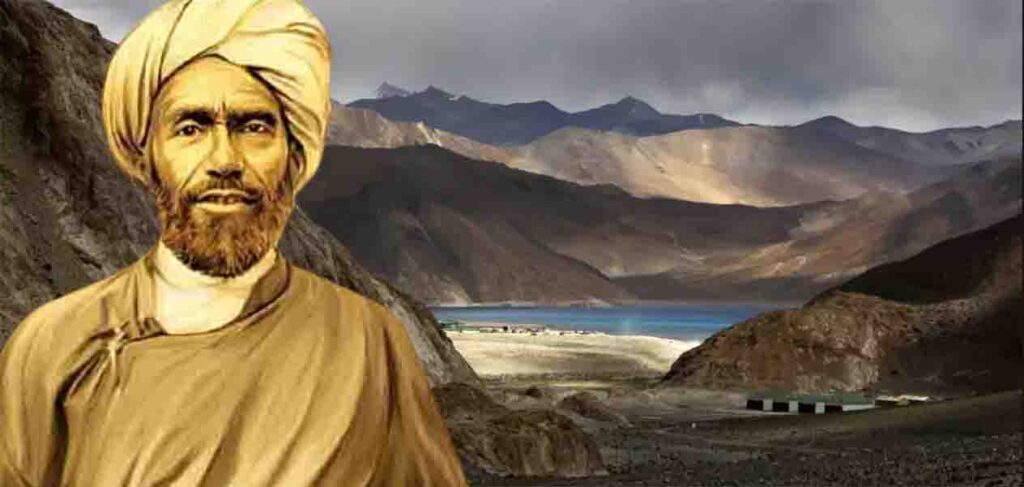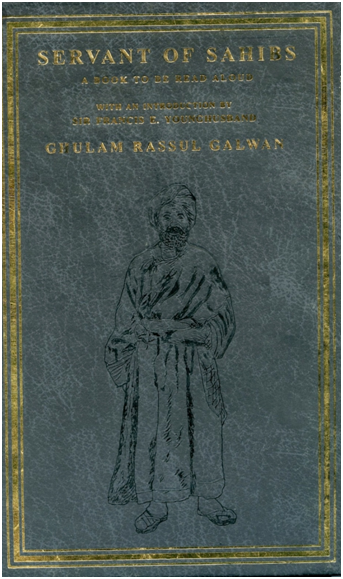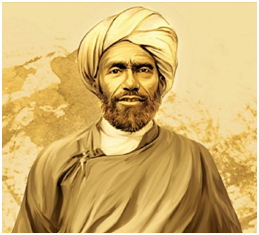Kargil, LADAKH :
In the aftermath of the Kargil War, Muzzamil Hussain’s family unearthed a treasure of Silk Road artefacts in their ancestral property near Kargil’s bazaar.

At the request of Hussain’s ailing grandfather, the family inspected an old property near Kargil’s bazaar.(Pixabay)
In 1999, during the violent onset of the Kargil War, Muzzamil Hussain and his family fled their hometown in Ladakh and sought refuge in the remote Suru Valley. The conflict, which left a lasting imprint on the region, marked a turning point in Hussain’s life. Upon returning to Kargil after India claimed victory, a significant discovery awaited the family, changing their lives forever.
At the request of Hussain’s ailing grandfather, the family inspected an old property near Kargil’s bazaar, originally built by his great-grandfather, Munshi Aziz Bhat. Behind hand-carved wooden doors sealed with a rusty latch, they discovered a trove of artefacts, including silks from China, Persian rugs, silver cookware from Afghanistan, Tibetan turquoise, and luxury items from London and New York. The collection would later be recognised as one of India’s finest private Silk Road relics.
Preserving the past
Initially unsure how to handle the artefacts, the family received guidance from anthropologists Dr. Jacqueline Fewkes and Nasir Khan from Florida Atlantic University in 2002. Recognising the collection’s historical significance, they encouraged its preservation, according to the BBC.
This advice led to the establishment of the Munshi Aziz Bhat Museum in central Kargil, overseen by Hussain’s uncles. The museum showcases hundreds of Silk Road artefacts, such as 18th-century Ladakhi sheep-horn bows and 19th-century Chinese copper pipes.
“The Munshi Aziz Bhat [museum] doesn’t have to, and should not, be the British Museum or the Smithsonian because it offers its own perspective that is invaluable to both local and global audiences,” Dr. Fewkes stated. “The stories are focused on identities that are significant to the descendants … family and local histories provide an alternative understanding about the past.”
Carrying forward a legacy
While his uncles manage the museum’s daily operations, Hussain dedicates his efforts to researching and tracing his family’s Silk Road heritage. He believes these initiatives help reconnect the local community with its roots.
“In places impacted by war, like Kargil, there is often an identity crisis and lack of pride,” Hussain remarked. “Tourism can be a powerful tool for healing. When visitors appreciate your history and heritage, it fosters a sense of pride.”
Born in Leh in 1866, Munshi Aziz Bhat—Hussain’s great-grandfather—studied in Skardu, now in Pakistan. He later established a thriving trade hub in Kargil, featuring shops, an inn, and stables for long-distance traders arriving from places such as Lhasa and Yarkand.
At its peak, this hub connected Central Asia, mainland India, China, Europe, and the Americas. However, the 1948 partition between India and Pakistan shut down trade routes, effectively ending Bhat’s prosperous business. The property remained locked for nearly half a century.
In 2013, Hussain and his brother Tafazzul launched Roots Ladakh, a travel company promoting the region’s cultural and natural heritage. While most tourists visit Leh, Hussain aims to highlight Kargil’s historical significance.
“Our vision is to change the preconceived notion of Kargil as a warzone through the lens of heritage,” Hussain explained.
Hussain frequently travels along the perilous Zoji La pass, connecting Kashmir to Ladakh—a route still considered one of the world’s most dangerous.
A new chapter for Kargil
The family’s efforts continue to reshape Kargil’s image. Hussain’s engagement with visitors mirrors the legacy of his ancestors, who once hosted traders from across the globe.
“I reminisce a lot about my ancestors and the interesting people they must have met. Kargil today is still a transit location, just like in the past, and I feel like I am continuing that legacy by hosting travelers and guests,” Hussain shared.
source: http://www.hindustantimes.com / Hindustan Times / Home / by Simran Singh / January 30th, 2025
